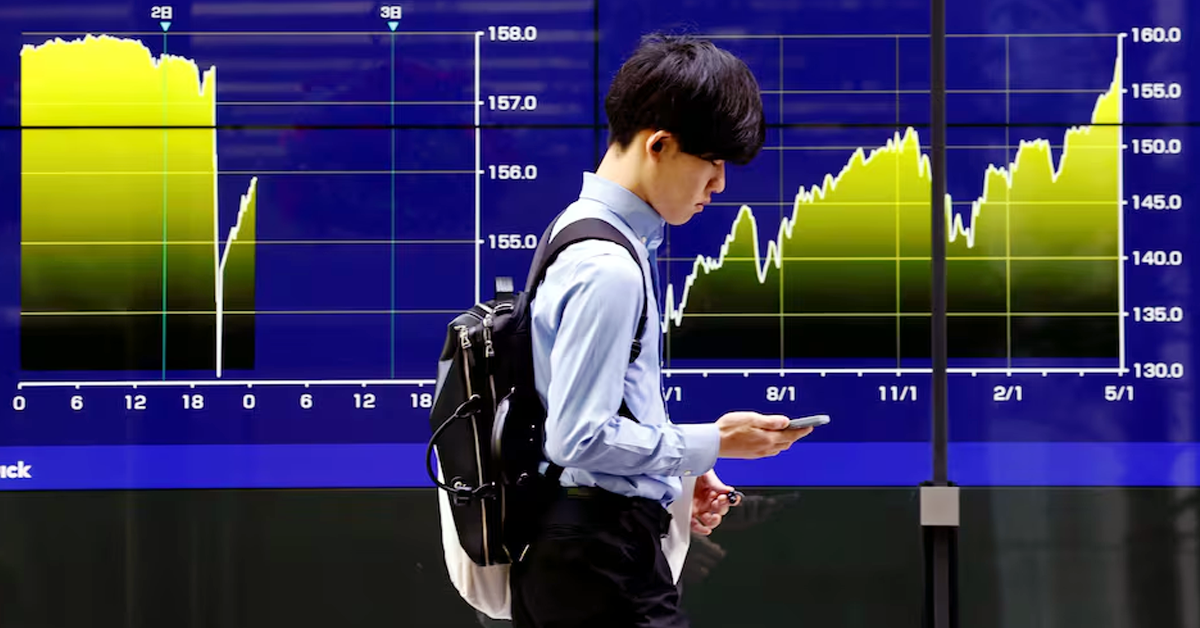Ex-Official: Japan’s FX Intervention Marks ¥160 Threshold
Columbia University academic and former finance ministry executive Takatoshi Ito indicated that Japanese authorities likely intervened in the currency market, viewing ¥160 to the dollar as a critical threshold. Ito, who has connections with former and current Japanese policymakers, suggested that interventions aim to curb speculative trading and set market expectations that the dollar might not rise beyond ¥160 against the yen.
Japan’s financial officials are believed to have intervened in the foreign exchange market multiple times this week to stabilize the yen and avoid sharp declines that could harm the economy.
Ito mentioned that the Bank of Japan (BOJ) might consider raising interest rates to 0.5% by the year’s end if the yen’s depreciation continues to fuel inflation. He explained that gradual declines in the yen, in line with interest rate differentials, are challenging to reverse with interventions alone. However, significant ongoing weakness in the yen could lead to inflationary pressures, potentially prompting the BOJ to implement two rate hikes by the end of the year. The earliest of these increases could occur this autumn.
Looking ahead, Ito wouldn’t be surprised if the BOJ’s policy rate approached 2% over the medium term, assuming the central bank achieves its 2% inflation target and the economy remains robust.
While acknowledging the potential negative impacts on consumer spending from a weaker yen, Ito noted that the current levels could benefit export-driven sectors of the economy. He suggested that any adverse effects on consumption could be mitigated by policies designed to boost consumer spending.
Takatoshi Ito has a notable background in economic policy, having served as the deputy vice minister for international affairs at Japan’s finance ministry from 1999 to 2001, and as a private-sector member of the government’s top economic council until 2008.

.webp)




